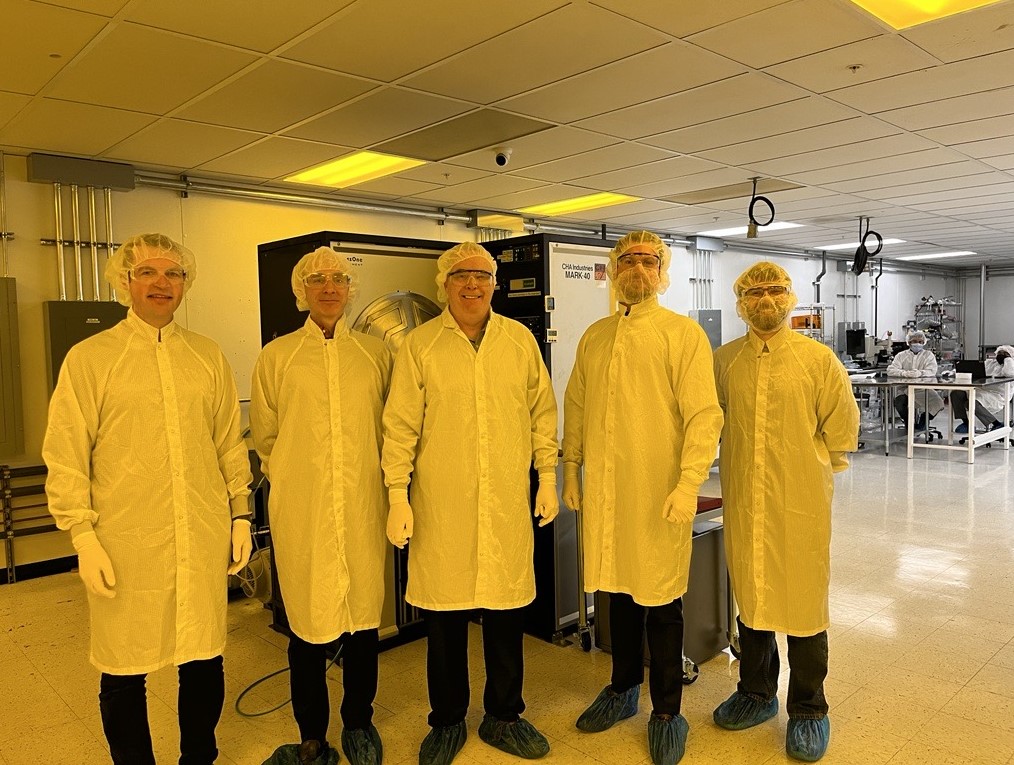
ARPA-E Investor Update Vol. 7: Antora Energy's Solid-State Thermal Battery
ARPA-E awardee Antora Energy recently raised $50 million in a financing round for their solid-state thermal battery. Breakthrough Energy Ventures and Lowercarbon Capital led this financing round, offering further support for Antora’s mission store thermal energy in inexpensive carbon blocks and offer an efficient, cost-effective grid storage solution.
ARPA-E funded Antora through our Duration Addition to electricitY Storage (DAYS) program in 2018, with the goal to develop energy storage systems that provide power to the electric grid for durations of 10 to approximately 100 hours. ARPA-E launched the DAYS program to enable significant new opportunities to increase grid resilience and performance. Whereas most new energy storage systems today deliver power over limited durations, the extended discharge times of DAYS projects will enable a new set of applications including long-lasting backup power and even greater integration of domestic, renewable energy resources.
Antora’s project set out to develop key components for a thermal energy storage system that stores thermal energy in inexpensive carbon blocks. To charge the battery, Antora’s technology uses intermittent, low-cost power from the grid to heat the blocks to temperatures exceeding 2000°C (3632°F) via resistive heating. To discharge energy, a novel, high efficiency thermophotovoltaics heat engine is exposed to hot blocks. Thermophotovoltaic cells are like traditional solar panels that are specifically designed to efficiently convert the intense heat radiated by the blocks into electricity when needed. During their DAYS award, through new materials and smart system design, the team developed, manufactured, and demonstrated highly efficient thermophotovoltaic cells, capable of durably converting high-temperature heat into electricity at a competitive cost.
Antora’s novel technology will enhance grid resiliency, allow for the greater integration of intermittent renewable sources like wind and solar, and reduce the need to burn fossil fuels for heat and power.
